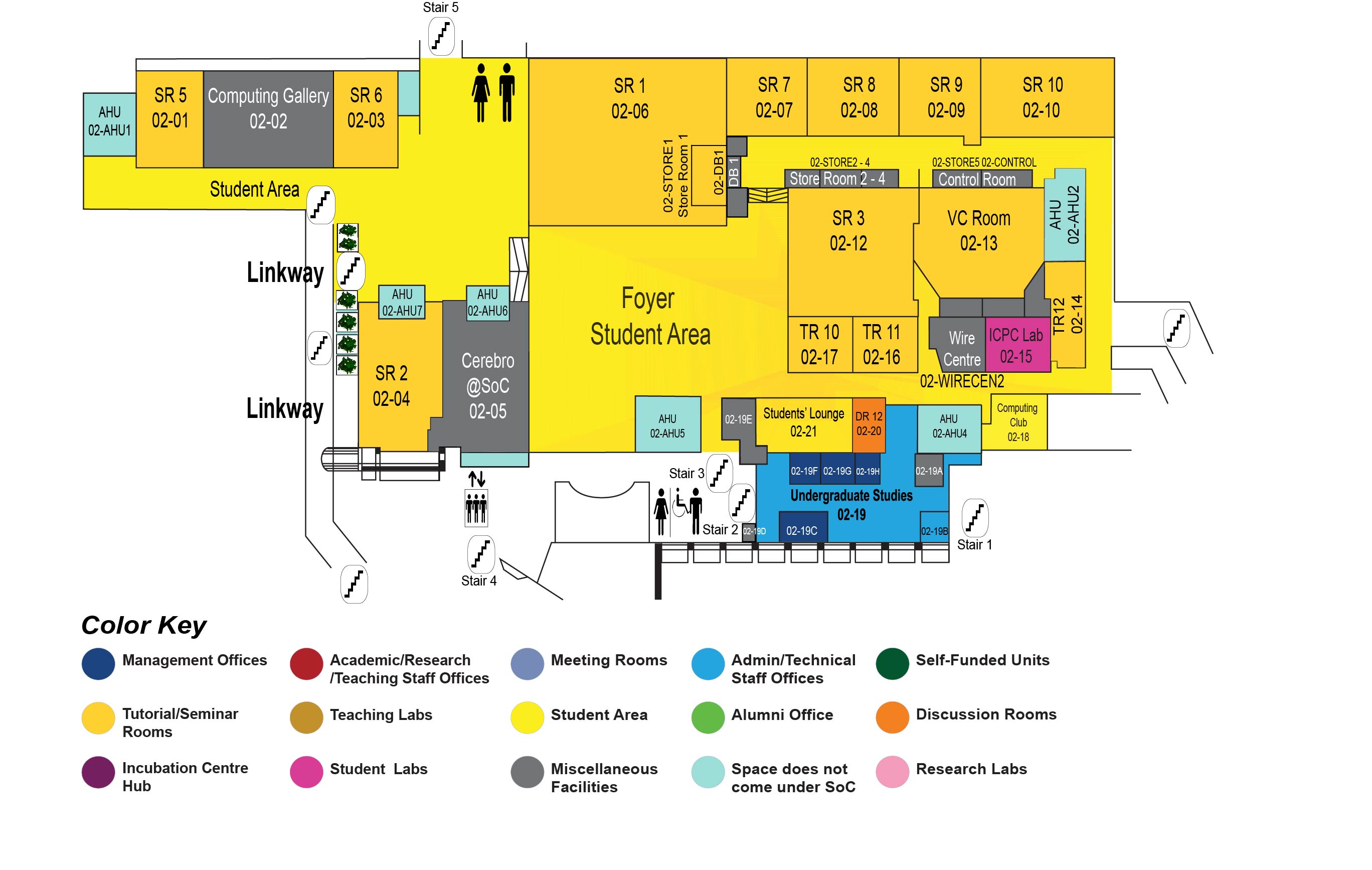Decision Making in Partially Observable Domain: Revisiting The Primitives
COM1 Level 2
SR8, COM1-02-08

Abstract:
Despite the rise of "autonomous" cars and drones, a fully autonomous robot that can operate reliably outside a carefully structured factory floor is extremely rare. A main difficulty is partial observability: An autonomous robot must make good decisions despite not knowing the exact state of itself nor its environment, due to various errors in actuators, sensing, and unfaithfulness of system and environment models. Such a decision making problem is not new. In fact, mathematically principled concepts for addressing the problem have been developed since the '60s. They quantify uncertainty in states using distributions and infer the best action with respect to distributions over states rather than a single state. However, exactly because of this quantification, the framework is notorious for its computational complexity. Although there has been tremendous advances in making this framework practical in robotics, solving problems with many control variables and non-linear dynamics remain an open problem. In this talk, I will present some of our recent work to alleviate such problems via small modifications of approaches and primitives well known in deterministic motion planning and control.
Biodata:
Hanna is a lecturer at the School of Information Technology and Electrical Engineering, University of Queensland (UQ). Her research interest includes robotics, motion planning, planning under uncertainty, and their applications. She is a gold award recipient of the Australian Computer Society 2015 ICT researcher of the year. Prior to joining UQ, she was a research scientist in Nicholas Patrikalakis' group at the SMART Center. She received a PhD in computer science from NUS under the supervision of David Hsu, and a BSc in computer science from the University of Indonesia.

